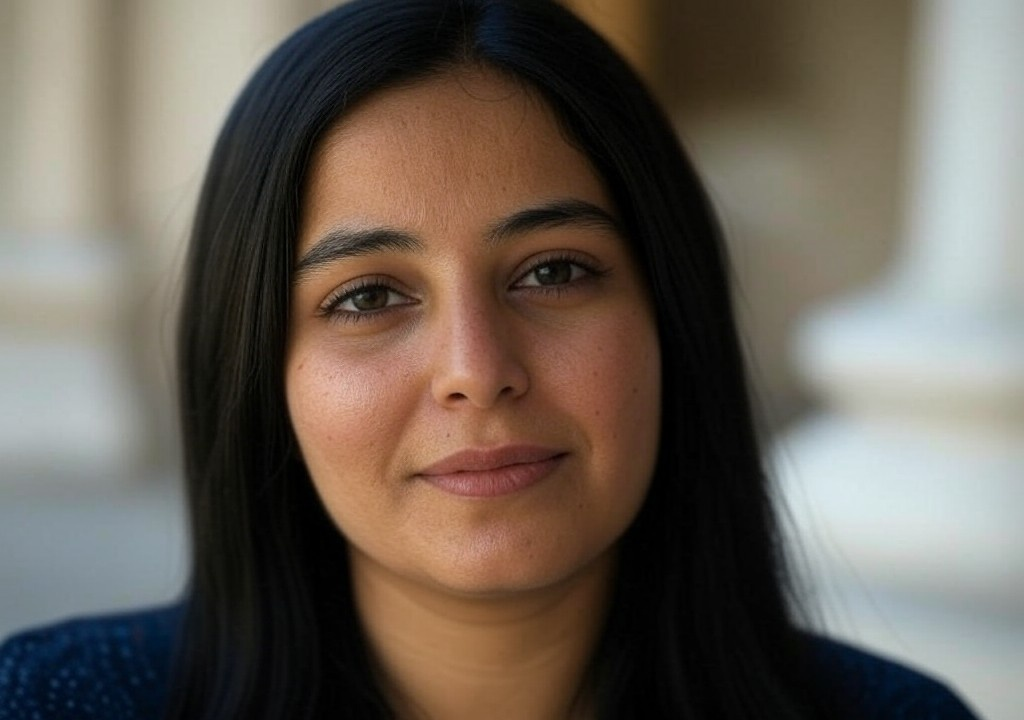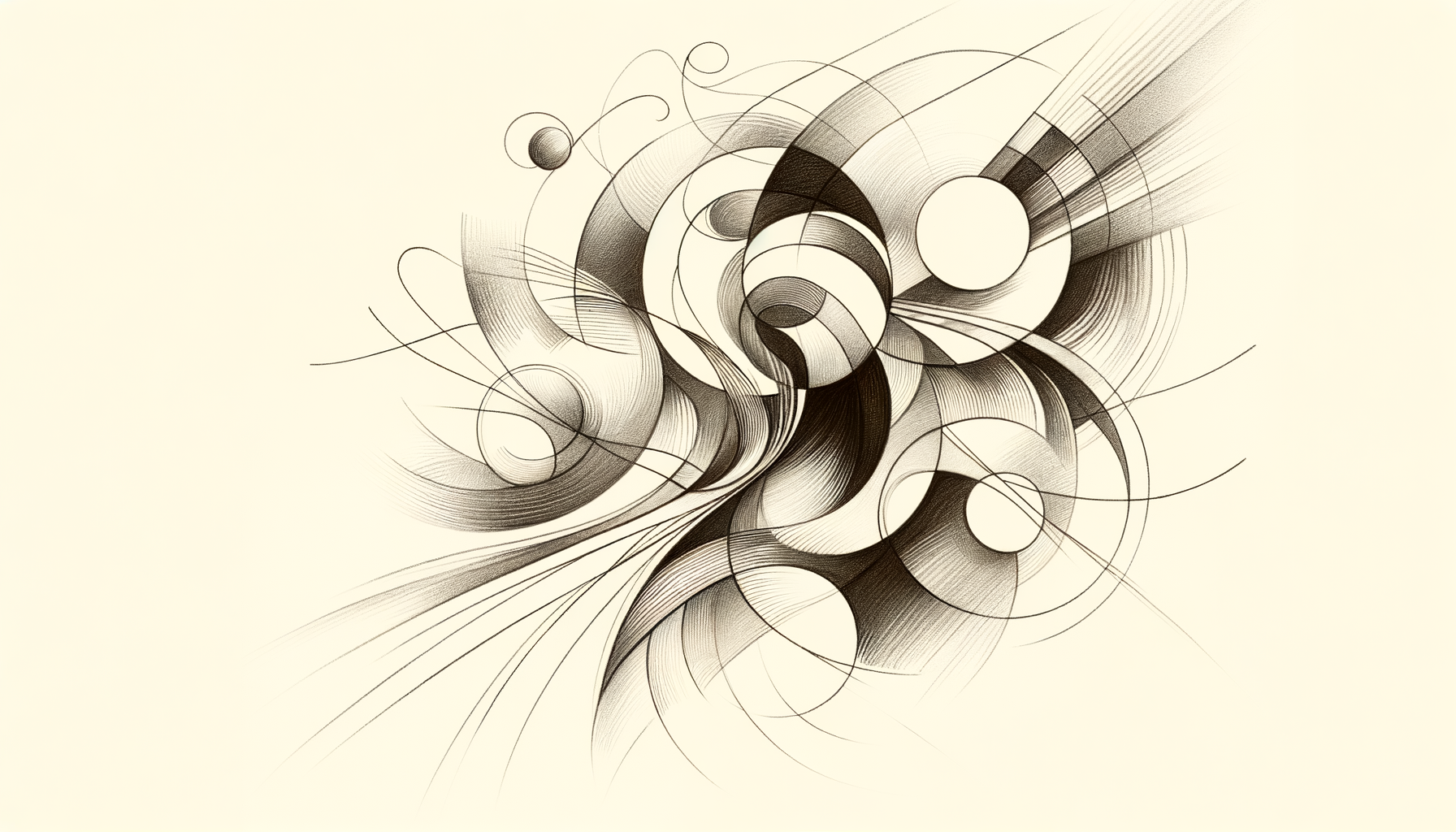Rewriting the Name Narrative
A Name is a Love Story (or a Horror Movie)
There’s a scene in every classic rom-com where the love interest leans in, locks eyes, and whispers their name like it’s poetry. It's magnetic, unforgettable—"Ana" was practically another character in Notting Hill, wasn’t it? But in real life, and especially for those of us whose names sound anything but Julia Roberts-esque, the exchange can be less cinematic.
For many people, a name is as simple as a shrug: a functional label that lets Starbuck’s baristas call you when your latte’s ready. For others—especially those of us with names that carry histories, traditions, and a couple of silent letters thrown in by ancestral flair—our names feel like a living thing, tangled with identity.
“So, what should I call you?” people ask me, squinting at “Z-a-h-r-a” as though it were a riddle meant to unlock the cursed gates to an ancient tomb. I used to panic-answer, “Whatever’s easiest.” But here’s the thing: a name, no matter how it sits on someone else’s tongue, deserves to be cherished. And, as I’ve learned, your name can tell a story even on those first fluttery dates—or help you rewrite your own narrative if it hasn’t always felt like yours.
What’s in a Name? Actually, a Lot
Growing up in Paris, Zahra Ahmed felt like two identities stitched together: one part North African warmth and heritage, another part chic yet distant European formality. At school, teachers would flatten Zahra into “Zaa-ra,” an accidental homage to the Spanish clothing brand. My grandmother, an Alexandria native, called me “Za-aa-raa” with an extra emphasis that was pure poetry. Then there were friends who Frenchified it into something they thought sounded more elegant, “Za-ray”—as if my name needed a beret too.
For years, my name felt like a costume, changing its form for whoever spoke it. But somewhere between my move to London and late-night existential crises about identity, I realized: My name didn’t need a translator or appeasement. It needed me to let it speak for itself.
The Dating Struggle of the Unpronounceable
Names are magnets for first impressions, none more obvious than on a first date or during those tentative "getting to know you" stages. If you think pronouncing a name like Zahra might be tricky, try spelling it out, letter by letter, on a noisy date with someone who already looks mildly terrified. And don’t even get me started on what happens when you have to explain your full name: Ahmed, no, no H isn’t silent—wait, it’s like 'ah-MED,' not 'ah-MIT,' but sure, close enough.
Suddenly, fields that should feel playful and magnetic (flirting, joking about terrible cafés, and confirming how adorable my accent is) become a tedious linguistics lesson. At first, I bent backward to make it easier for others. “Call me Zara, like the store,” I’d joke, though each time felt like shaving a little part of myself off for convenience.
But here’s the truth: A name doesn’t have to be “easy.” It has to be yours. So, the next time you hand someone your name, don’t fumble with self-deprecating apologies—own it like it’s a runway gown. The way the right person wants to get it right? That, my friends, is the red flag—or green flag—you're looking for.
Rewriting the Rules With Your Name
Your name isn’t just a line on your dating bio—it’s the prelude to the story of you, and one that should resonate authentically. Here’s how we learn to celebrate it:
-
Tell Its Story
Instead of dreading the name question, make it an opportunity to connect. I once told someone on a date that Zahra was Arabic for "flower"—a playful turn I’ve learned from my mother, who loves both gardening and metaphors. My date, impressed, spent the rest of the evening trying (and mostly failing) to guess flower names in Arabic. Sure, he lost track after tulip, but the shared laughter made my name unforgettable. -
Set Boundaries
It’s 2023, people. If someone’s too lazy to try, they’re not worth your second mint tea. I had to learn the hard way: accommodating a partner who refused to learn my name right was an alarming preview of how much else they’d refuse to respect about me later. Hint taken. -
Don’t Compromise for Romance
Nicknames are cute (right, “babe”?), but your full name deserves respect. If enslavement to convenience ("Just call me Z") feels wrong, let it go. On one especially affirming date, someone asked my name three times just to perfect the pronunciation. Watching someone try helped me understand: the right person will never find your identity inconvenient.
Pop Culture, But Make It Personal
Let’s not forget how names have had their moments everywhere—on-screen, in literature, in disaster karaoke introductions. Does anyone else remember that scene in Crazy Rich Asians when Rachel says Nick’s mother dismisses her as “just an American"? That’s what a strained name exchange feels like sometimes—it’s not just about pronunciation, but belonging.
On the flip side, we’ve got the iconic quote from Khaled Hosseini's The Kite Runner: “For you, a thousand times over.” That’s the energy you deserve in your relationships—someone willing to try a thousand times until your name feels like second nature, a melody they hum habitually rather than stumble over like they’ve been lobbed a puzzle.
It’s More Than a Name—it’s You
When I hear “Zahra” now, I don’t just think about silent letters or cultural clashes. I hear my grandmother’s voice echoing through my childhood balcony in Alexandria. I see my name dancing in Arabic calligraphy across wedding invitations. I think of the way my French friends struggled but beamed with pride when they finally got it right. And yes, I think about the dates, the awkward conversations, and the moments that reminded me: names can indeed bring us closer.
So here’s the parting wisdom for those of us still working on loving our names: Don’t shrink them for someone too impatient to listen. Instead, expand them. Spell them. Teach them. Your name is more than a word; it’s a vessel for everything you are, everything you’ve been through, and everything you’ll become.
And maybe, just maybe, one day you’ll meet someone who doesn’t just pronounce it correctly—they say it like poetry, too.




















